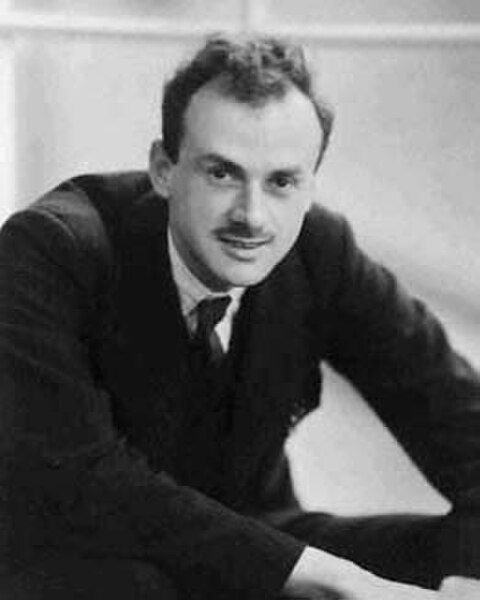Infinite photos and videos for every Wiki article ·
Find something interesting to watch in seconds
Supercars
World Banknotes
Celebrities
Wonders of Nature
Great Museums
Rare Coins
Great Cities
Best Campuses
Orders and Medals
British Monarchs
Largest Empires
Sports
Animals
Richest US Counties
Great Artists
Ancient Marvels
History by Country
Tallest Buildings
Largest Palaces
Presidents
Countries of the World
Kings of France
Famous Castles
Recovered Treasures
Crown Jewels
Wars and Battles
more top lists







